
Irish History Podcast
Author: Fin Dwyer
Subscribed: 31,206Played: 924,767Description
From the Norman Invasion to the War of Independence, the Great Famine to the Troubles, the Irish History Podcast takes you on a journey through the most fascinating stories in Ireland's past. Whether it’s the siege of Dublin in 1171 or gun battles in the 1920s, the podcast vividly recreates a sense of time and place. Each episode is meticulously researched, creating character-driven narratives that are engaging and accessible for all.
Since the first episode was released back in 2010, the podcast has covered scores of captivating stories. Major multi-part series have explored the Great Famine, the Norman Invasion, and Irish involvement in the Spanish Civil War. If you are looking for standalone episodes, there are lots of great interviews with leading Irish historians covering topics from medieval sex magic to Irish connections in the Jack the Ripper murders!
Why not start with 'Three Days in July', an acclaimed mini-series from the summer of 2024. It explores the early years of the Troubles and the forgotten story of a young Londoner who was shot dead by the British Army in Belfast in 1970.
Hosted on Acast. See acast.com/privacy for more information.










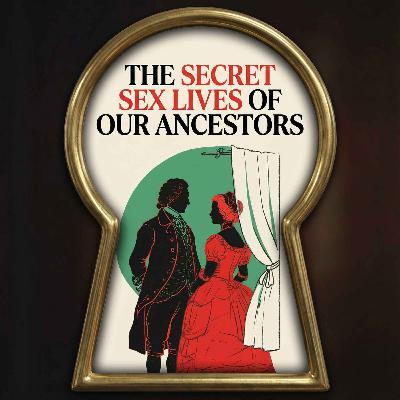
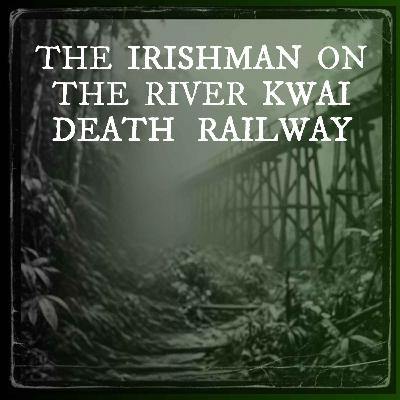
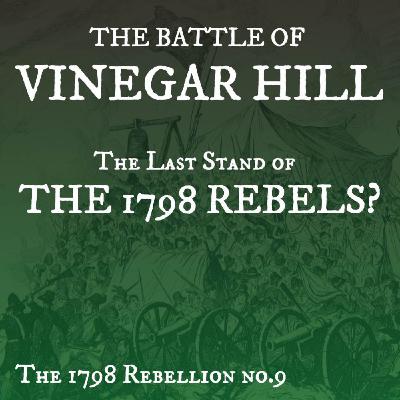
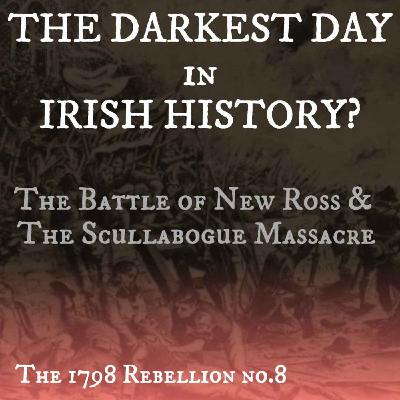
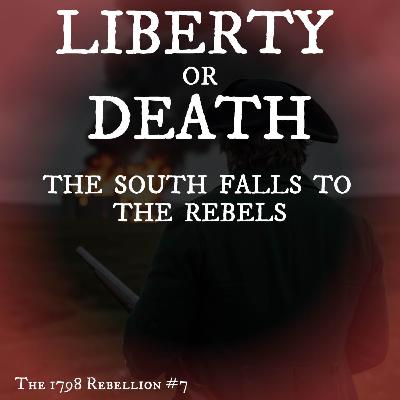
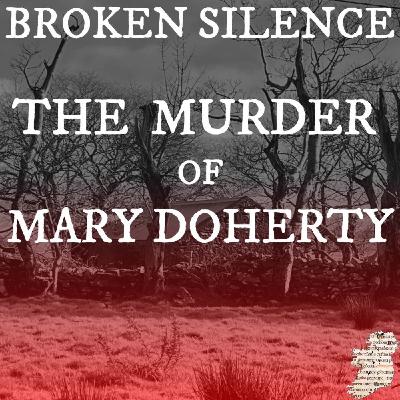
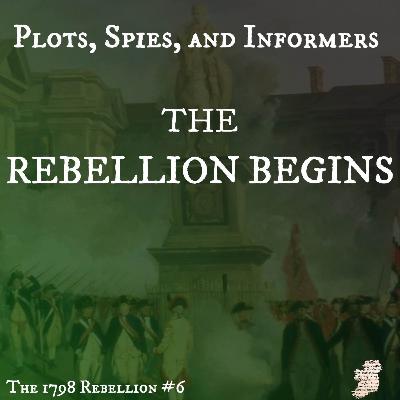




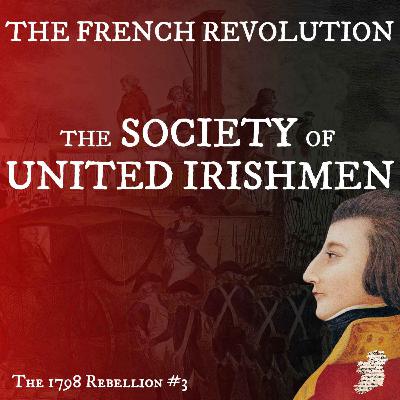
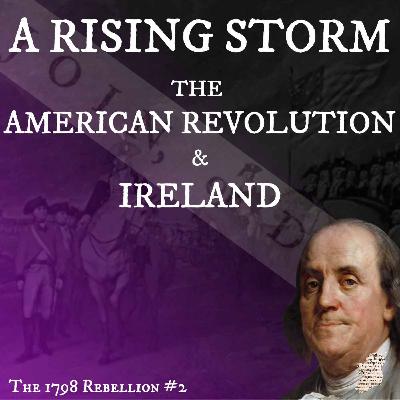
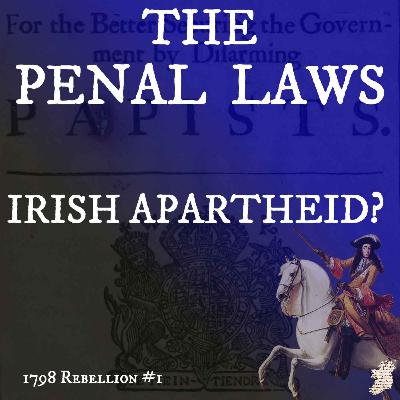



Finn, I assume you realize that you made an error in saying that Rollo settled in Northern Spain. Of course it was Northern France where Normandy is.
Finn, the years 700 to 800 were the 8th Century not the 9th century.
Fin, why were Irish immigrants antisemitic? My g.g grandfather came over, to Maine then down to Boston, from Kinsale in the 1830s.
thanks for a wonderful episode. I grew up in roundwood and before that at bahana in enniskerry. my mum worked in glencree and I played in the ruins of the barracks there. so this was fascinating.
Finn, I am a blow in to Monnenroe. My mother moved here after getting one of the first legal separations, all she could afford close to Dublin. now she needs help. It was amazing hearing these letters from normal people. The locals listen also and knew who you were.
appears in a couple of flashman books by George McDonald Fraser
🔴✅📺📱💻ALL>Movies>WATCH>ᗪOᗯᑎᒪOᗩᗪ>LINK>👉https://co.fastmovies.org
do you have transcripts for your podcasts?
John Wheatley, the first Labour Minister for Health in Britain under Ramsey MacDonald in 1924, was born in Bunmahon. Probabaly the most effective member of that governmemt.
An advert for the book. Unfortunately little content in podcast episode
If we accept your rational the Genocide of the Jews in WW2 was not a genocide because Jews operated the ovens and gas Chambers.
Horrible anti-Russian bigot narrator.
Thank you so much for you work! I’m a big fan of Ireland, and your podcast really helps to enhance my knowledge of the Irish history and to structure all the mess in the head. Moreover, your voice and the music are so calming. The aesthetics of your podcast is beautiful!☘️ Go raibh maith agat!
as a Dubliner that was was fab
Great story and a great podcast.love the voice of Finn Dwyer the best voice I've heard tell a story clear and soothing. i listen at night and fall asleep sometime after.super podcast Irish history podcast. *****
excellent podcast!!
I guess the crazy idea of this being cultivated in a lab being written off as just a conspiracy theory didn't age too well hey haha
Great podcast,keep up the good work.
Any ideas of what the phrase, "doing maggie's work" means?
Podchraoladh iontach coinnigh leis an dea-obair. 👍